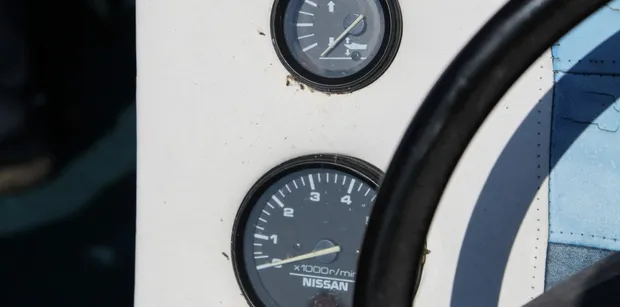Fuel is one of the main costs involved in running a motorboat, and considering price increases over the last decade, it’s no surprise that fuel costs is one of the main reasons some people decide they cialis 10mg can’t afford to keep a boat anymore. There are some simple steps that we can take in order to use fuel more efficiently, beyond simply driving at a slower speed. This article explores some of the ways of making a motor boat more economical.
Weight
One of the easiest ways to make a boat journey more efficient is to get rid of all that unnecessary baggage. Most boats fill up with clutter over time, and while clothing and bedding for boat crew isn’t going to add a lot of weight to the boat, things like spare parts and tools can add a lot of additional weight. Reducing the weight of the vessel is one of the simplest ways of getting more “bang for your buck” in terms of fuel.
Motor boats can carry a lot of water, which is great for long distance journeys, but reducing the amount of water being carried for shorter journeys can greatly improve fuel efficiency. Just remember all the reasons you will need water on board – hydration, tea-making and washing. Water is even heavier than diesel so only take what you need.
Fuel & Engine
Most boats have the capacity to store enough fuel for extremely long journeys, but on shorter trips it makes a lot of financial sense to half-fill the tank. Calculate how much fuel you need for a particular journey, and add another 10-20% as a precaution.
Engines themselves play an important part in the speed and fuel economy of a boat, especially on faster boats. The engines can be checked relatively easily if the boat is fitted with fuel readout meters. Simply ease back on the throttle, and if this leads to a significant drop in fuel consumption without a drop in speed then it is highly likely that the engine is having difficulty taking in air or fuel. Even if you don’t have readout meters, you can still check that filters are clean. Dirty filters can block fuel flow and impede performance.
Tide & Wind
It might sound obvious, but utilising the tides on boat journeys can greatly reduce fuel consumption. It’s important to ensure that the boat’s speed is well-matched to the tide, otherwise the boat will begin to push a foul tide. Utilising the tide and the wind will make for a cheaper journey, and a better sea state to boot.
Hull Fouling
Marine growth on a boat can lead to a significant impairment of the vessel’s performance. A full scrub of the hull will solve the problem, but sometimes this growth can accrue surprisingly quickly, especially in warm waters. In the Mediterranean some boats won’t plane after being left for just a couple of months due to severe barnacle growth. It’s thought that a lift, scrub and new coat of antifoul can reduce fuel consumption by around 10%.
Trim Tabs
Trim tabs are used to alter the altitude of a boat by raising the stern and dropping the bow. Altering trim tabs can also improve fuel efficiency, as it reduces drag by elevating the stern. It’s something which needs to be observed and tweaked regularly, as too much trim can reduce the speed of the boat if the bow is too low.
Alan Cairns writes on a number of subjects including and caring for an outboard motor.

